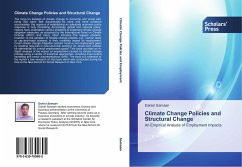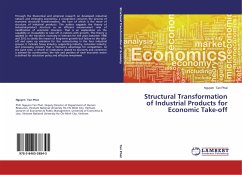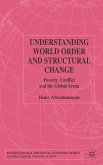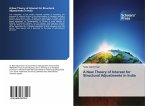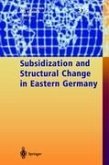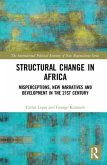The long-run damage of climate change to economic and social well-being has been well documented. As more and more evidence accumulates, the urgency of establishing an adequate economic policy response is only increasing. Accordingly, global and national policy-makers have undertaken various initiatives to implement climate change mitigation measures, as proposed by the International Panel on Climate Change (IPCC) and many other scholars. The biggest obstacle, however, to the adoption of climate change policies, e.g., carbon taxes or cap-and-trade systems, is their uncertain impact on employment. Could climate change mitigation policies result in net employment gains by creating new jobs in new economic sectors? Or, would such policies be detrimental for overall employment goals? This book provides an in-depth analysis of the impact on employment caused by climate change policies using a variety of analytical approaches, including input-output modelling and vector autoregressions(VAR). The book is a collection of the author s own research on this topic which was conducted during his time at the New School for Social Research in New York.
Bitte wählen Sie Ihr Anliegen aus.
Rechnungen
Retourenschein anfordern
Bestellstatus
Storno

